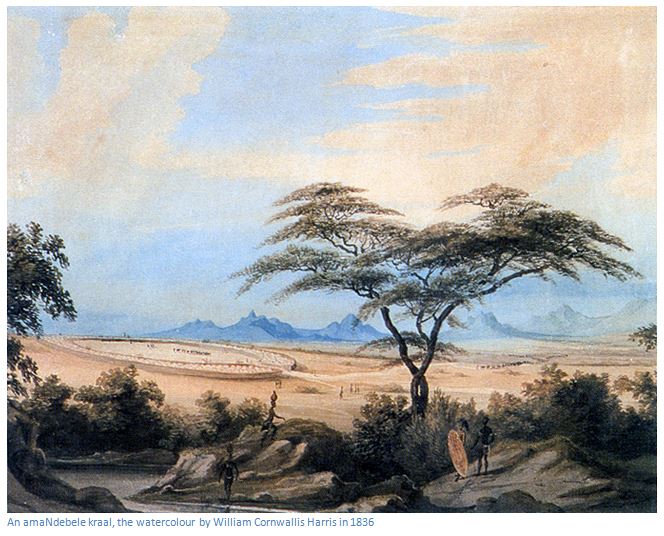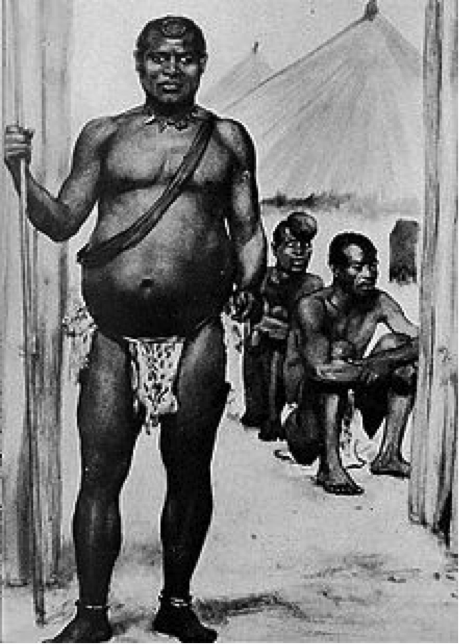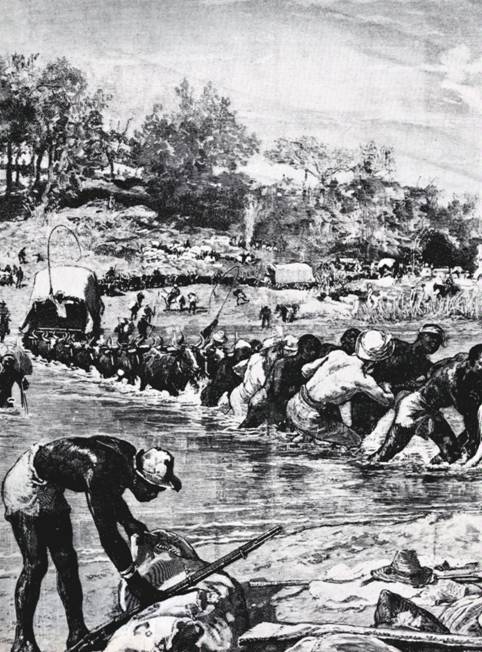Seminar: THE EVIL/GOOD OF COLONIALISM
I will be looking at Southern Rhodesia, Rhodesia then Zimbabwe through the eyes of my new historical fiction, The Horns: Book One of the Zambe4zi Trilogy - bringing it to life by reading excerpts from the book … and working through some assumptions about Britains youngest colony - and about colonialism itself.
The world rejoiced with Zimbabwe in November last year, as in towns and cities all over the country, streets filled with dancing, singing and delighted citizens to celebrate the downfall of a man once the new country’s great hope, now a corrupt tyrant.
Questions are rife about this ‘coup which was not a coup’ - among them, why was the world’s media present in vast numbers, when international media had been excluded from any reportage on Zimbabwe for decades.
Historically - in 1840 King Mzilikazi formed the Matebele Kingdom as he moved his people across the Limpopo River to escape the encroaching Boers from the south; 50 years later, the Pioneer Column, largely resourced by Cecil John Rhodes, crossed that same River, carefully avoiding Matabeleland, to raise the flag of the British South Africa Company (BSAC) in what was then Salisbury - today’s Harare.
From 1890, the BSAC started a process of development using the three “C’s” of British Colonialism: Civilisation, Christianity and Commerce. In 1923, the country opted for self-government and as such became Britain’s last colony, until in 1965 Prime Minister Ian Smith broke away by making a Unilateral Declaration of Independence from Britain (UDI).
The restlessness sweeping down Africa since Ghana secured its independence in 1960 resulted in two liberation armies being formed in what was then Southern Rhodesia - one backed by Russia, the other by China - each seeking to gain a foothold in Central Africa.
There followed 15 years of total sanctions which to a land-locked country was almost insurmountable were it not for the determination of its people, black and white, and the ‘invisible’ support of Mozambique and South Africa. A break from Portuguese colonialism in Mozambique and increasing International pressure on South Africa, resulted in a meeting of protagonists at Lancaster House in 1979.
And so 90 years after the Pioneer Column crossed the Limpopo, Zimbabwe was born - headed by a man heralded as the great hope of Africa, Robert Mugabe.
What happened to the Matabele people - their culture, their social structures, their Kings and the handling of the early concession seekers and hunters? How did they manage the imposition of colonial ways?
What happened to Zimbabwe during Mugabe’s tenure? What has happened since, where is it now and whereto the future ? What is the legacy, if any, of the three “C’s” of colonialism?
Where are the Matabele people today?
Eight years of research to make sure of a sound base for my historical novel The Horns, has provided a solid base for debate, for laughter, amazement, awe - and understanding …






